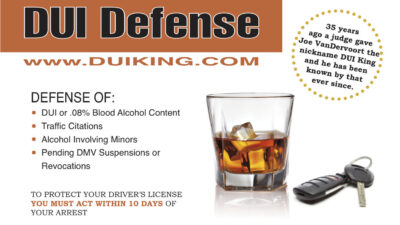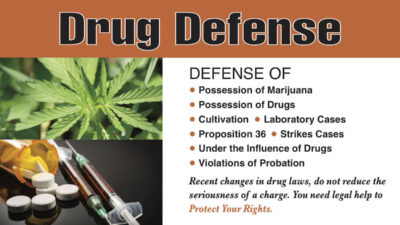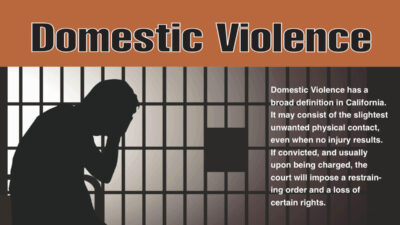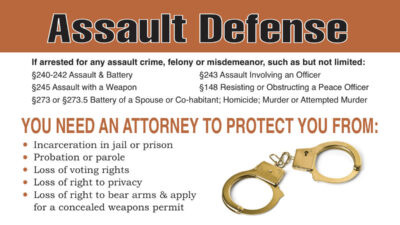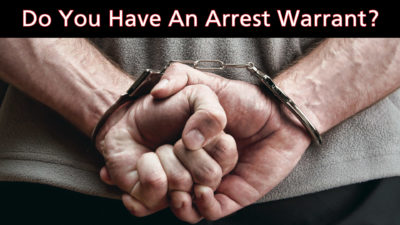This office often does not ask the client to be at DMV hearings because:
- The hearings are not in front of a jury, but in front of an administrative law judge who is actually a lay person that works for the Department of Motor Vehicles.
- There is no right to remain silent, which means that you may be called by the other side to testify against yourself as to whether you were driving, or worse, using alcohol, or any other fact in regard to the case.
- Although you have a right to assert your right to refuse to incriminate yourself, since the case is considered a civil matter and not a criminal matter that will have serious consequences if you do so.
There are numerous other procedural and policy reasons why I sometimes do not have clients at DMV hearings, unless it is an issue of refusal, failure to complete test, or rising blood alcohol.
If I wish to put forth testimony, I can do so by way of affidavit without the necessity of you being present, and then the Department of Motor Vehicles can only ask that you be present to cross-examine you by following a procedure they usually do not bother to follow, and thus your affidavit comes in as testimony without them having the right to cross-examine.
There is no District Attorney present or advocate for the police officers in the strict sense, which means you are allowed more latitude in cross-examining police officers and finding out about your case. This gives the attorney the chance to “discover” evidence for the purposes of use in the criminal court case. It is a great tool.
One of the better things about a DMV hearing is that the police are almost always unprepared, sloppy, make huge mistakes in their reports, which can be commented on and questions asked about without having to deal with the District Attorney being present and objecting or a Judge limiting your cross-examination.
Further, Police officers who come to testify at DMV hearings are usually not prepared to be a witness and are not told what to say by the District Attorney, and you can get them to say things they would not ordinarily say in a criminal court proceeding, which is useful because the testimony can later be transcribed and used in court proceeding.
I also find out a lot of things that are not in the investigation report, which I would never be able to find out in a court hearing, such as evidence about admissions, confessions, mistakes, search and seizure questions, and inconsistencies in testimony between two or more wiktnesses or police officers, etc.
The burden of proof at a DMV hearing is a preponderance of evidence, which means 51 % verses 49%, as opposed to beyond a reasonable doubt as in a criminal case.
One of the things you have to realize about DMV is that the Supreme Court of the United States, whether we like it or not, has ruled that action against your license by both DMV and the Court is not double jeopardy, because it is considered “remedial” which is, of course, a fiction, and not criminal, so therefore the DMV can take your license for a period of time, depending upon what type of action it is and/or how many priors you have and/or what your DMV printout looks like, and then the Court can then take it independently. The time can either be concurrent with the DMV or overlapping the DMV. Further, if you are convicted in court, your license can actually be taken a third time. All of the above can be done without any “double jeopardy” within the meaning of criminal law, sometimes consecutively.
If, in my opinion, I need you at the DMV hearing for one of many various reasons that may be applicable to your case, you will be notified, far in advance. If an affidavit is needed, or desired, I will contact you in regard to that far in advance of the hearing.

